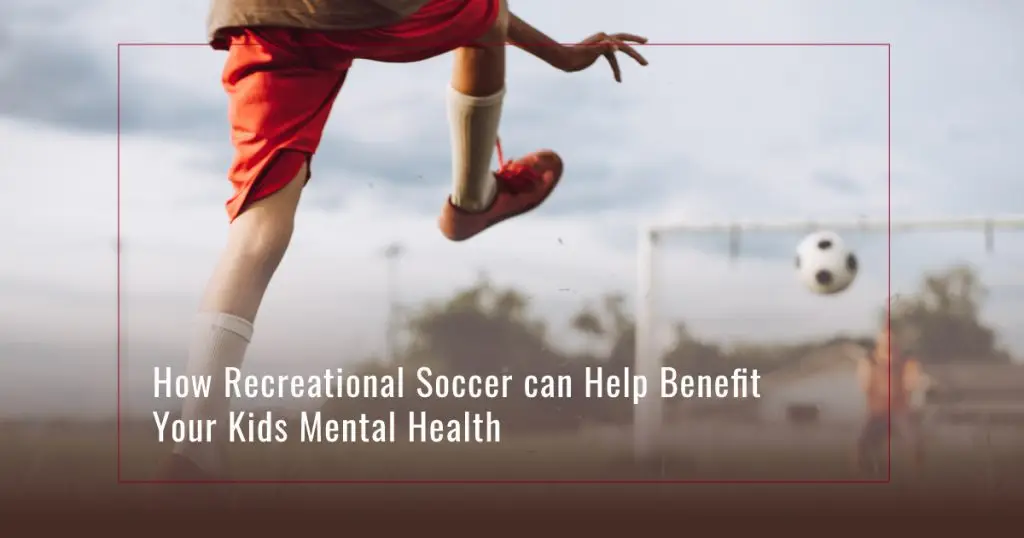Co-ed recreational soccer for children aged 3 to 13 is a great way for kids to stay active and develop important social and mental health skills. Here are a few reasons why co-ed soccer can be especially beneficial for young children’s mental health:
- Building confidence and self-esteem: Participating in co-ed soccer can help children build their confidence and self-esteem. Playing on a team, working together with others towards a common goal, and learning new skills can all contribute to a child’s sense of accomplishment and pride.
- Improving social skills: Soccer is a social sport, and playing in a co-ed environment can help children learn how to interact and collaborate with others. Children will learn how to communicate with their teammates, develop teamwork skills, and build friendships.
- Encouraging physical activity: Regular physical activity is important for maintaining good mental health, and co-ed soccer provides an excellent opportunity for children to engage in physical activity in a fun and supportive environment. Physical activity has been shown to reduce symptoms of anxiety and depression and improve mood, concentration, and sleep quality.
- Teaching resilience: Soccer can be a challenging sport, and children will experience setbacks and obstacles as they learn and grow. However, they will also learn to persevere, pick themselves up after a defeat, and keep trying. This kind of resilience can help children develop a growth mindset and become more confident and resilient in the face of future challenges.
- Creating a sense of belonging: Co-ed soccer creates a sense of community and belonging for children. They will learn to work together and support one another, developing strong connections with their teammates and a sense of camaraderie.
In conclusion, co-ed recreational soccer is a great way for children to stay active, develop their social and mental health skills, and have fun. Whether they’re just starting out or already experienced players, co-ed soccer provides a supportive and inclusive environment where children can thrive and grow. So, encourage your kids to get involved in co-ed soccer and watch as they develop a love for the sport and the many benefits it provides for their mental health.


